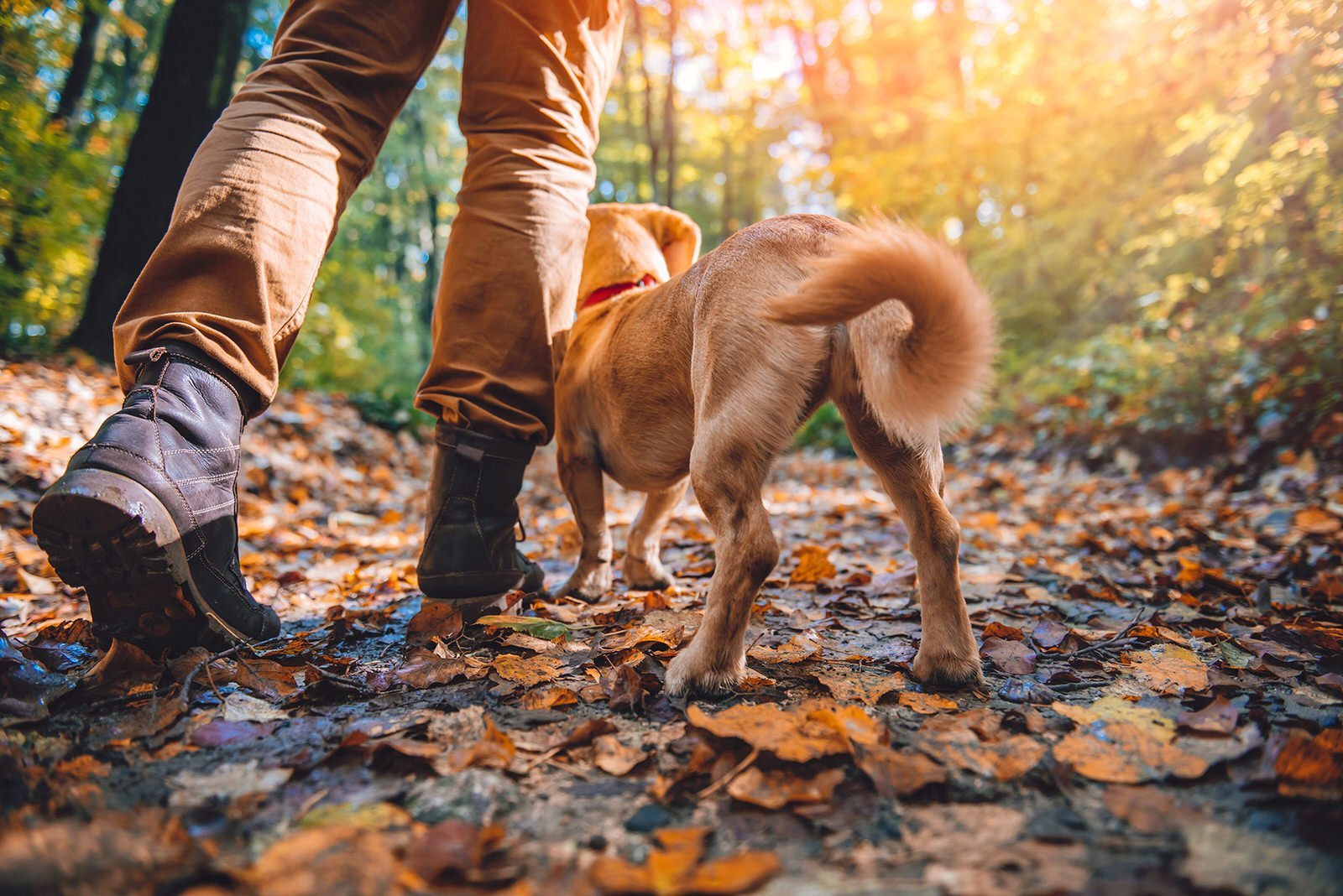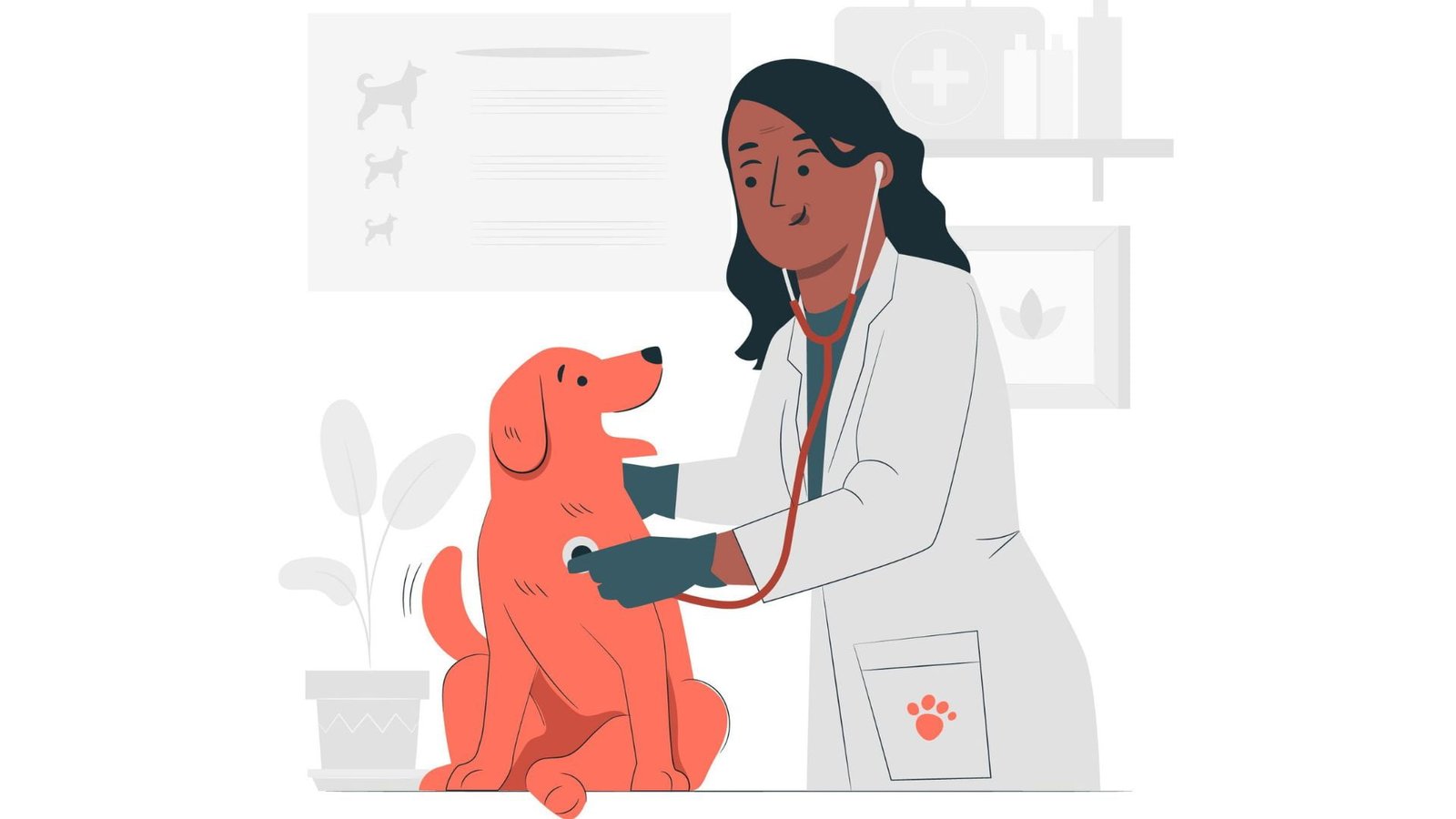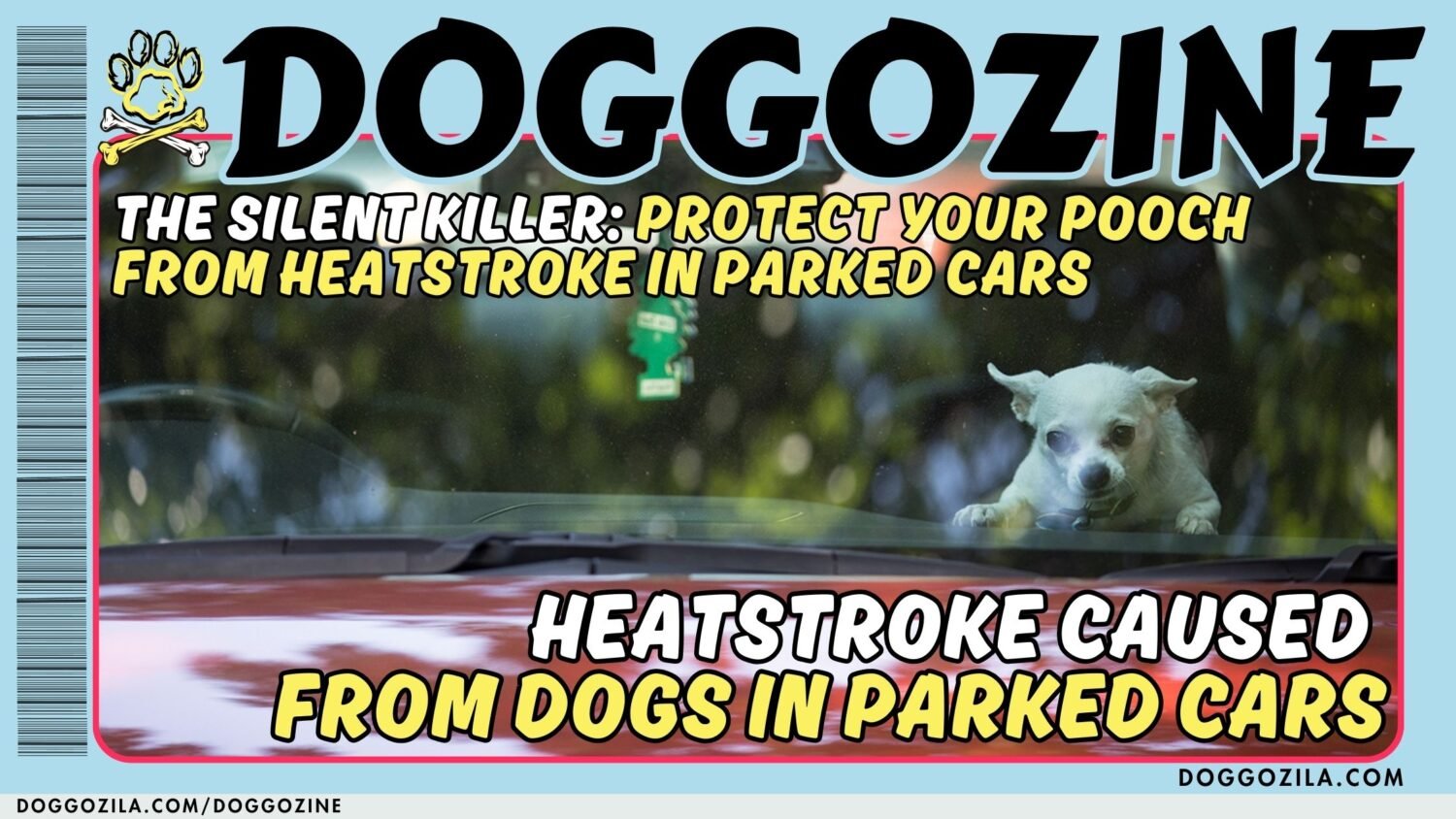As a dog owner, it’s important to be aware of the potential dangers of poisoning in dogs. There are many different substances that can be poisonous to dogs, and some of them can be fatal. learn HOW TO KNOW IF YOUR DOG HAS BEEN POISONED!

If you think your dog has eaten something poisonous,
it’s important to act quickly.
LEARN HOW TO KNOW IF YOUR DOG HAS BEEN POISONED
symptoms if your dog has been poisoned
- Vomiting
- Diarrhea
- Seizures
- Tremors
- Excessive drooling
- Rapid breathing
- Weakness
- Collapse
If you see any of these signs in your dog, it’s important to call your veterinarian immediately. They will be able to assess your dog’s condition and determine if they need treatment.
How To help your dog if you think that has been poisoned
If you know what your dog ate, bring a sample of it to the vet. This will help them identify the poison and give your dog the correct treatment. If you don’t know what your dog ate, try to describe it to the vet as best you can. They may be able to identify the poison based on your description. If your dog is vomiting, try to keep them hydrated by giving them small amounts of water or milk. Do not give them anything else to eat or drink, as this could make the poisoning worse.
If your dog is having seizures, do not try to restrain them. Put them in a safe place and call your veterinarian immediately. It’s important to remember that time is of the essence when it comes to poisoning in dogs. If you think your dog has eaten something poisonous, it’s important to call your veterinarian immediately. They will be able to assess your dog’s condition and give them the correct treatment.
How to prevent your dog from eating something poisonous
- Keep all poisonous substances out of reach of your dog. This includes things like medications, cleaning products, and plants.
- Be aware of the plants that are poisonous to dogs. There are many different plants that can be poisonous to dogs, so it’s important to be familiar with them.
- Supervise your dog when they are outside. This will help to prevent them from eating something poisonous that they find in the yard or on the ground.

HOW TO RECOGNIZE WHAT IS POISONOUS FOR DOGS: IDENTIFYING, PREVENTING AND RESPONDING TO TOXINS
As a responsible dog owner, understanding what is poisonous for dogs is crucial for keeping your furry companion safe. Dogs are naturally curious and can get into all sorts of substances and items that may harm them. In this extensive guide, we will explore common toxins, how to recognize the signs of poisoning, steps for prevention, and immediate responses to keep your dog out of harm’s way. Recognizing and understanding what is poisonous for dogs is essential to protect your dog from accidental ingestion of harmful substances. Dogs are naturally curious, and their explorations can lead them to toxic items.
Common Household Toxins
Foods and Beverages | Plants and Garden Toxins | Household Chemicals:
Several human foods and beverages, including chocolate, caffeine, alcohol, and certain fruits, can be toxic to dogs. Learn to keep these items out of their reach. Many common garden plants and houseplants can be harmful to dogs if ingested. Familiarize yourself with the potentially toxic plants in your home and garden. Household cleaning products, pest control substances, and even some human medications can pose dangers to dogs. Keep these items stored securely.

RECOGNIZING THE SIGNS OF POISONING
- Gastrointestinal Symptoms: Signs of poisoning may include vomiting, diarrhea, drooling, and abdominal pain.
- Neurological Symptoms: Tremors, seizures, or disorientation may indicate exposure to neurotoxic substances.
- Respiratory and Cardiovascular Symptoms: Difficulty breathing, irregular heart rate, or collapse may be signs of cardiovascular or respiratory toxin exposure.
Preventing Poisoning Incidents
Safe Storage and Disposal | Pet-Proofing Your Home: Ensure that toxic items are stored in secure cabinets or out of reach of your dog. Properly dispose of hazardous materials.Implement pet-proofing measures to restrict access to harmful substances and areas.
Immediate Responses to Poisoning
- Contacting a Veterinarian: Call your veterinarian or an emergency pet poison hotline immediately if you suspect your dog has ingested something toxic.
- Inducing Vomiting: In some cases, inducing vomiting under the guidance of a veterinarian can help remove the toxin from your dog’s system.
- Administering Activated Charcoal: Activated charcoal can absorb some toxins and prevent their absorption in the gastrointestinal tract.
Common Poisonous Items by Season
- Spring and Summer Toxins: Certain garden plants and insecticides become more prevalent in these seasons.
- Fall and Winter Toxins: Antifreeze, holiday decorations, and cold-weather toxins become a concern.

How to Know if your dog have been poisoned and how to Keep Your Dog Safe from Poisons
In conclusion, recognizing what is poisonous for dogs and taking steps to prevent exposure is crucial for the safety and well-being of your beloved pet. A dog’s natural curiosity can lead them to explore and ingest harmful substances, making it essential for dog owners to stay informed and proactive in keeping their dogs safe.
Educate yourself on common household toxins, understand the signs of poisoning, take steps to prevent access to harmful substances, and know how to respond in case of an emergency. By following these guidelines, you can provide a safe environment for your furry friend, reducing the risks associated with potential toxins.
Remember, prevention and education are the keys to keeping your dog safe from poisons.
We recommend to check Wiki Pages for these substances that are poisonous to dogs!



